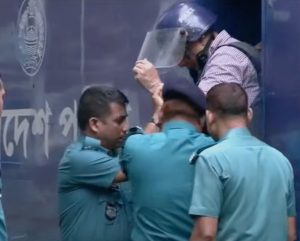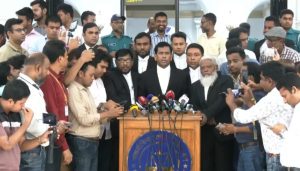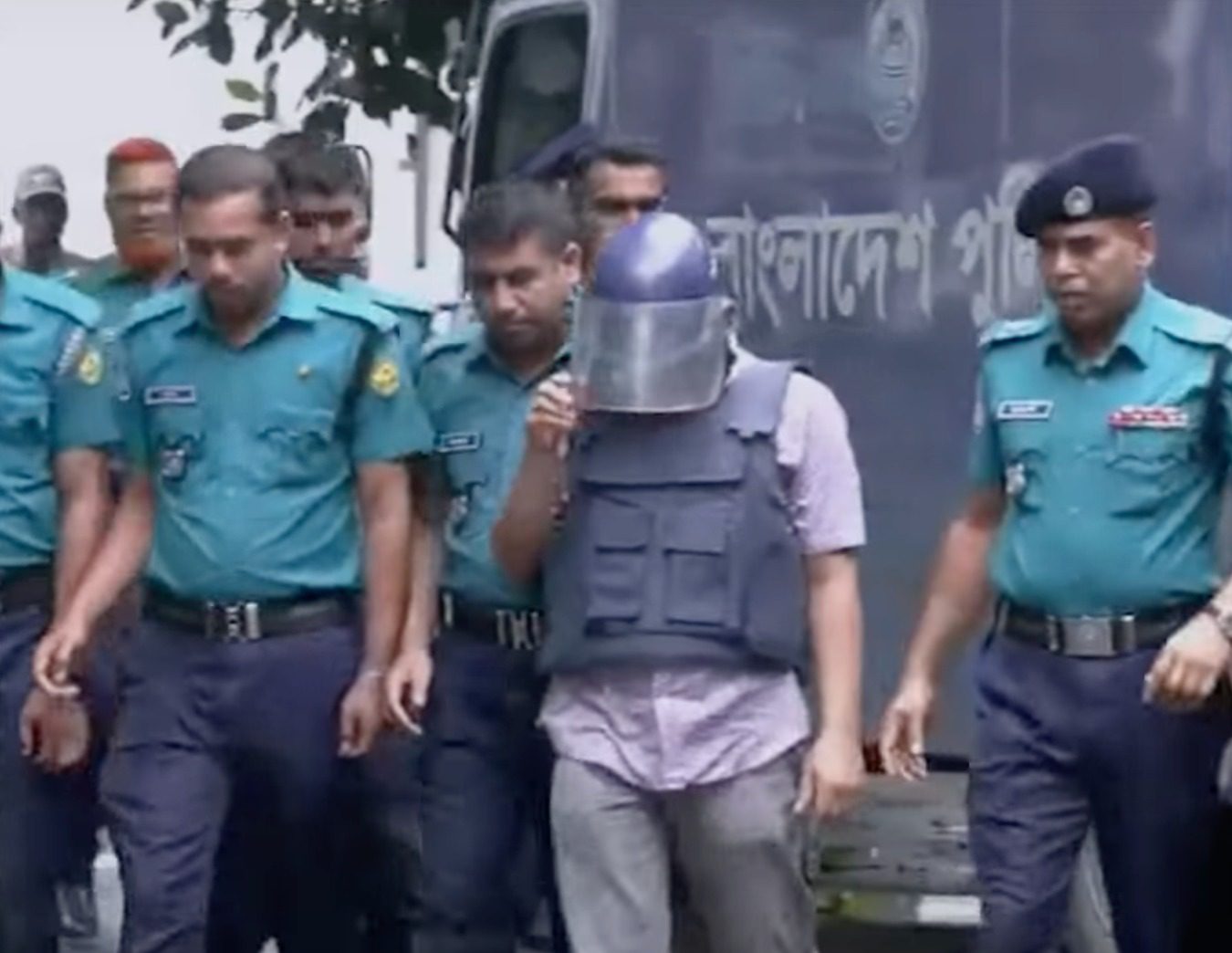In Bangladesh’s criminal justice system, the figure of the “approver”, an accused person who testifies against co-accused individuals in exchange for immunity or reduced punishment, is both legally recognised and cautiously treated.
The concept does not appear explicitly as a defined term in statute, but its functional role is embedded in the Code of Criminal Procedure, 1898 (CrPC), under Sections 337 and 338, which empower the state to tender a conditional pardon to an accomplice in exchange for full and truthful disclosure that aids prosecution.
This legal provision has come under renewed focus following reports that former Inspector General of Police (IGP) Chowdhury Abdullah Al-Mamun, now accused of crimes against humanity in connection with the July–August 2024 crackdown, has expressed his desire to become an approver.
His offer to testify on behalf of the prosecution marks a potentially significant turn in the high-profile case that also implicates former Prime Minister Sheikh Hasina and former Home Minister Asaduzzaman Khan Kamal.
If accepted by the court, Mamun could serve as a key insider witness, detailing the chain of command, orders issued, and operational decisions during the violent suppression of mass protests.

Under Section 337 of the CrPC, a Magistrate of the first class may tender a pardon to a person believed to be directly or indirectly involved in an offence, provided that the person agrees to make a full and true disclosure of the circumstances and all persons involved. This provision typically applies before the commencement of trial.
Section 338 extends this power to the Court of Session, allowing pardon to be tendered even after the case has been committed for trial.
Both provisions are designed to aid the state in prosecuting complex conspiracies or crimes where insider testimony is critical and other forms of evidence are lacking or inaccessible.
If Chowdhury Abdullah Al-Mamun is granted a pardon under either of these sections, he would be obligated to testify fully and truthfully before the tribunal.
In return, he may be spared the full legal consequences of his alleged actions.
However, should he withhold facts, give false testimony, or attempt to mislead the court, the pardon may be revoked, exposing him not only to prosecution for the original offence but also to charges of perjury.
Courts in Bangladesh have historically treated the testimony of approvers with significant caution. Though the law does not mandate corroboration of an approver’s statement, Bangladeshi judicial precedent strongly favours corroboration by independent evidence before such testimony is accepted as the basis for conviction.

Approvers have played pivotal roles in complex cases in the past, particularly where the state has struggled to establish accountability for crimes committed by organised groups or under political orders.
Critics argue that such arrangements may encourage opportunistic betrayal and partial truths, especially when driven by self-preservation. Nonetheless, legal experts maintain that the approver mechanism is a valuable prosecutorial tool, especially in systems like Bangladesh’s where traditional evidence may be weak or inaccessible due to political cover-ups or the passage of time.
If the court accepts Chowdhury Abdullah Al-Mamun’s offer to turn approver, it could reshape the trajectory of the case entirely.
As the former chief of police during the period in question, his insider account may carry immense evidentiary weight, potentially implicating those at the highest levels of the former state apparatus. At the same time, it would mark a rare instance of top law enforcement turning state witness in a crimes against humanity trial.


